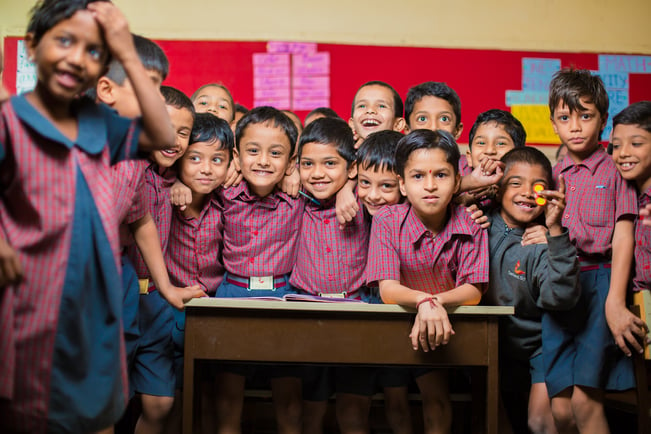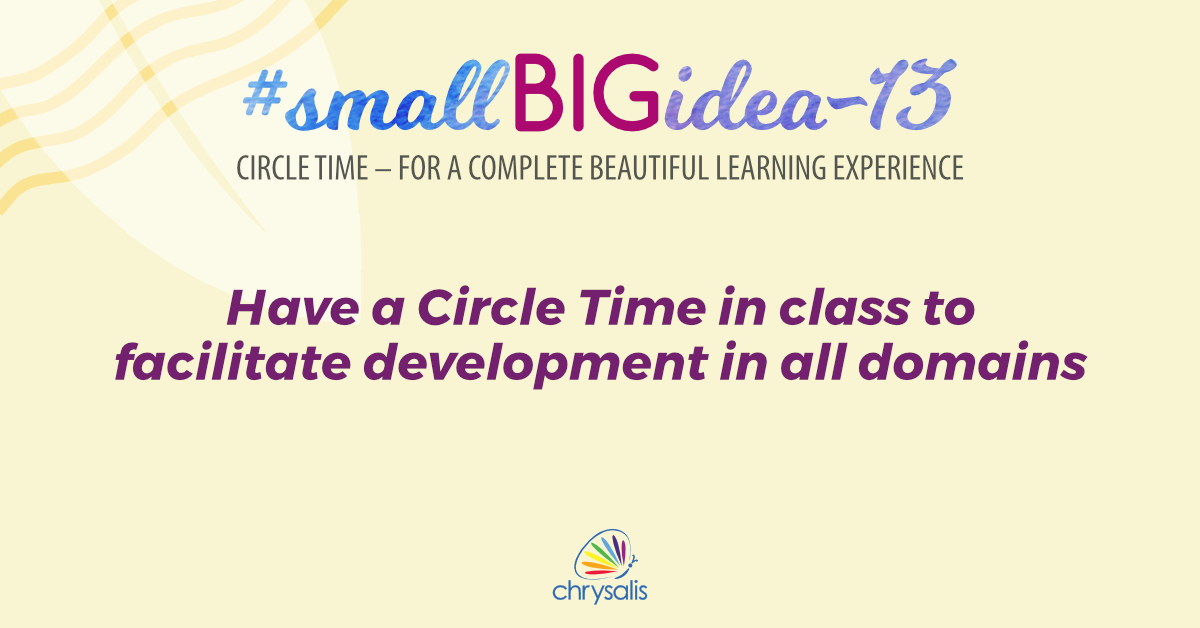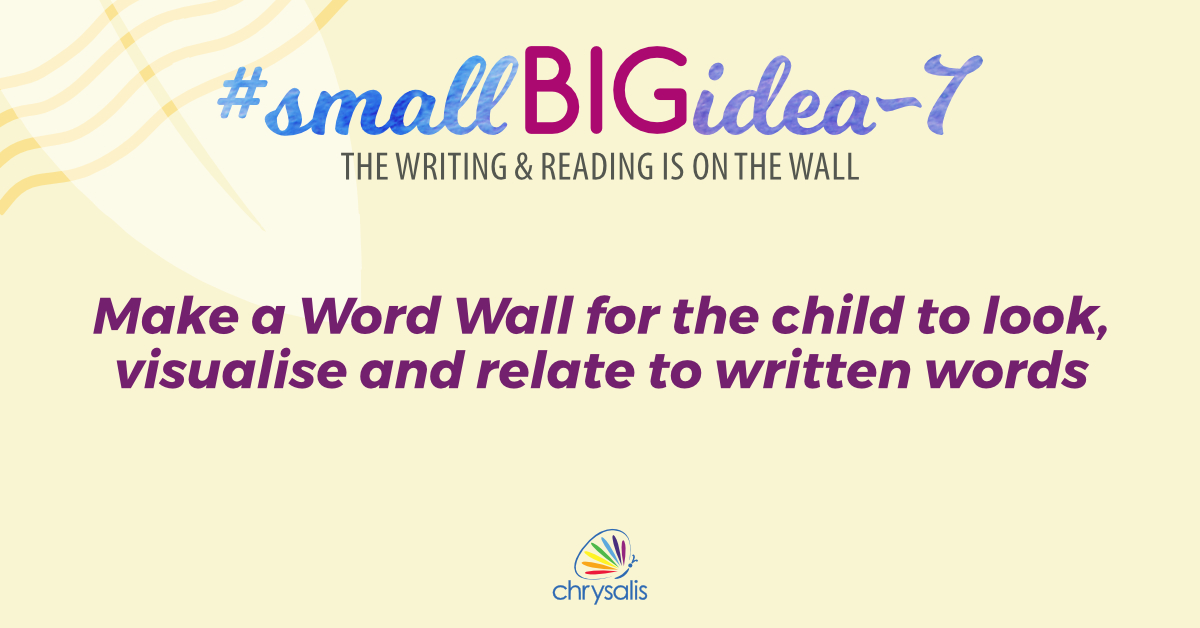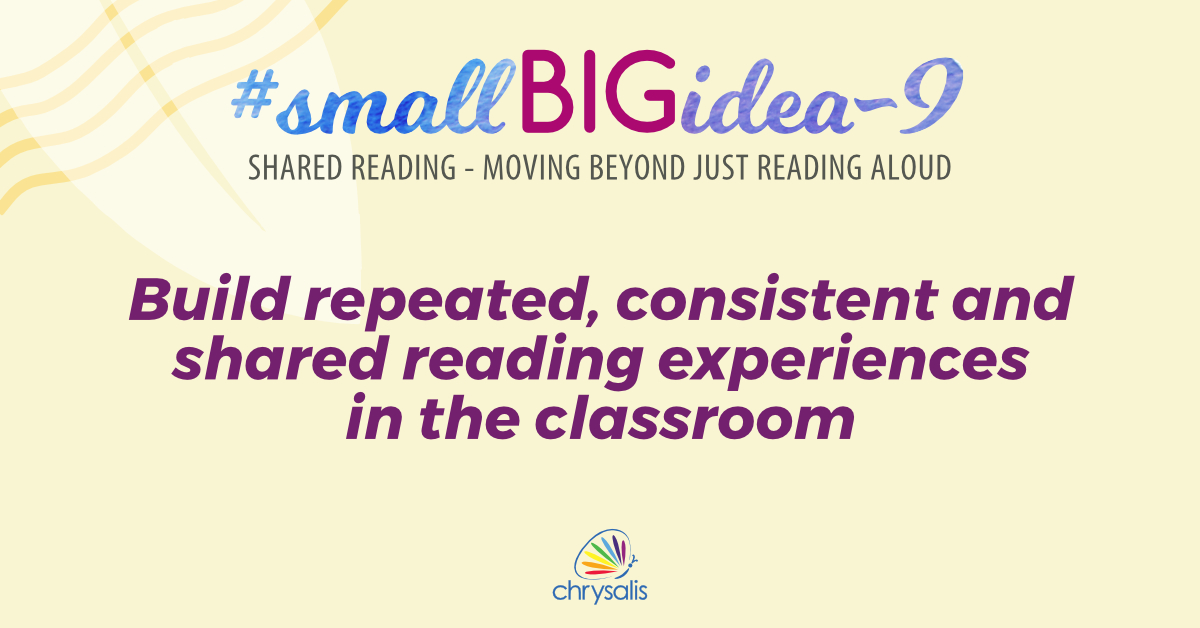.jpg?width=730&height=411&name=Teaching%20for%20Human%20Potential%20(3).jpg)
What is 357 divided by 17? Tell me now pleeeasse
Can you tell me the square root of 625?
What is the green stuff in leaves called?
“Give your opinion on the tactics Tom Sawyer used to trick his friends into painting the fence” – maa…what is THE answer to this question?
If you are a parent or a teacher to a middle schooler, you must have met with questions (non-questions?!) such as these. Or atleast a variation of one of these questions.
A facepalm moment that drives the adult in-charge mad. It is not enough if you are a decently good parent or a teacher. For today’s child, you are expected to go a step ahead and be a calculator, an encyclopedia and a search engine all rolled into one. Why? Because the child has lost his ability to think and come up with his own answers.
The Wrong Pursuit for only Right Answers
In a system that seeks answers, only the right answers, neatly written in bullet points, children are losing the most basic and beautiful trait of childhood – curiosity. A curious mind thinks. A curious mind asks questions. A curious mind explores and seeks its own answers. A curious mind builds a healthy child. And that is exactly what is lost.
Questioning or question based learning has long been the key to every development the world has seen. Asking the right questions at the right time…alas that is an art that is fast losing its sheen. The pursuit of the right answer has gone on to mar the real value of the question itself and curbs the child from realizing his original Human Potential. It is a habit that needs to be cultivated consciously. It is a habit that will let the child grow into a thinking individual.
Questions are questioned
Quite ironically, silence or “no ma’am” is the only expected answer to “Do you have any questions or doubts in this lesson?”. Asked at the end of a lesson, just before the close of the class, there is no room or time for questions even if the child has any.
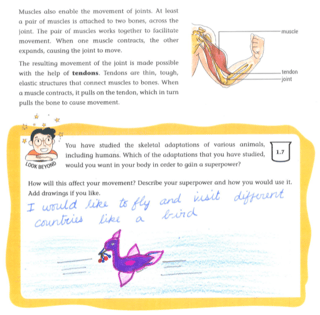
Most often, teachers, spend most of their so-called teaching time in providing information.
Area of a circle is pi-r-squared.
A word describing an action is a verb.
A push or a pull is called a force.
We forget from our own experience, that the most profound discoveries and advancements in science were made when a question came before an answer. Most often, there was not even an answer in the vicinity. And yet it is these questions that have made human beings the “thinking race”.
So, what is stopping us?
-
Need to seek out quick fix solutions – Because no one sees or even wants to see beyond the obvious solution. Why would a child want to explore when an easy “cookie-cutter-straight-from-the-textbook” answer not only gets full marks but also receives high recognition from the teacher.
-
We are always in a hurry - To get to which place…no one knows. “maa…quick I have to finish this and go. So just give me the answer.” This is a routine banter that most parents have to hear from our children. They do not want to stop and think or ponder. Get the answer, write it down and move on.
-
“Wrong” answers are penalized – For the fear of punishment, embarrassment or shame that comes with a seemingly wrong answer, a child, even adults, refrain from questioning. Remember, there was a time when we believed that earth was the center of the planetary system with the moon, planets and even sun revolving around it. Copernicus and Galileo faced the wrath of an entire society when they questioned it. But they nevertheless, stood up for it. They explored and found their answers and thus laid the foundation for modern day science. So, next time, let us think before we say “that’s wrong. Now go learn the answer again from the notebook”. Why not say, “that’s an interesting take on that topic. Let’s talk a little more on that. Why do you feel….”. The child’s face would brighten up instantly.
-
Ready-made is the way to go - Question banks, revision questions, question paper blue print…bite sized short cuts that you only need to memorize and blurt out in exams. Why would a child even want to overcome the inertia to go exploring for an answer? Apparently, Maggi noodles is not the only thing that gets done in two minutes!
-
Think same. Answer same – Ever wondered, we have thousands scoring 100% in subjects like science and language and arts? Think the same way, learn the same answer, write the same way the teacher told, and get the same marks as every other child. Less work for student, teacher and parents. Why not, child spends a minute to write a different answer and the parent or the teacher spend a minute more to read and actually appreciate it. Why not, just “Love the difference”?
Awakening Human Potential – Chasing the Mirage
Looking back, “the need to know” has always been our first step to knowledge. An exploring mind is indeed the need of the hour. Why curb something that comes so naturally to a child?
Let the child question, explore, postulate answers, face failures...
Let them pick their selves up and start questioning all over again.
LET OUR CHILDREN BLOSSOM TO THEIR FULLEST HUMAN POTENTIAL


